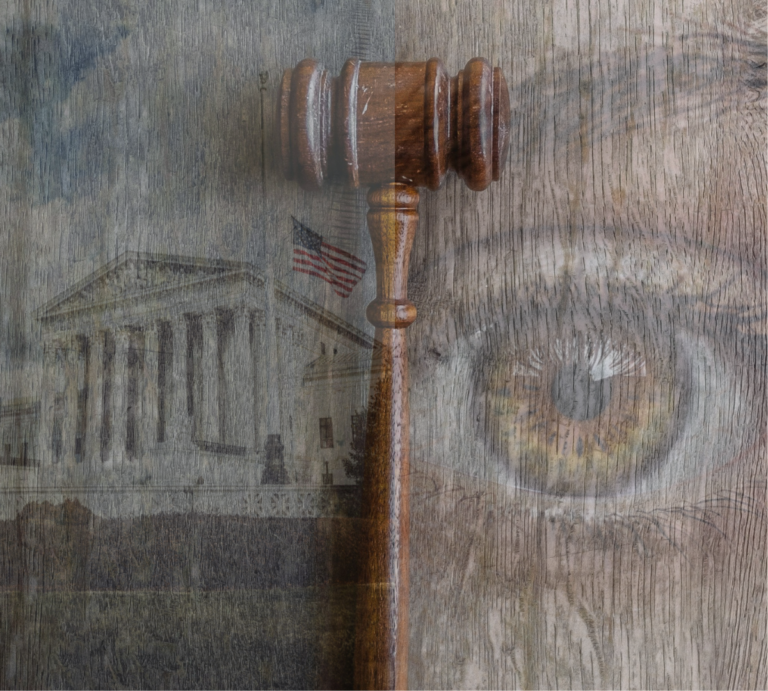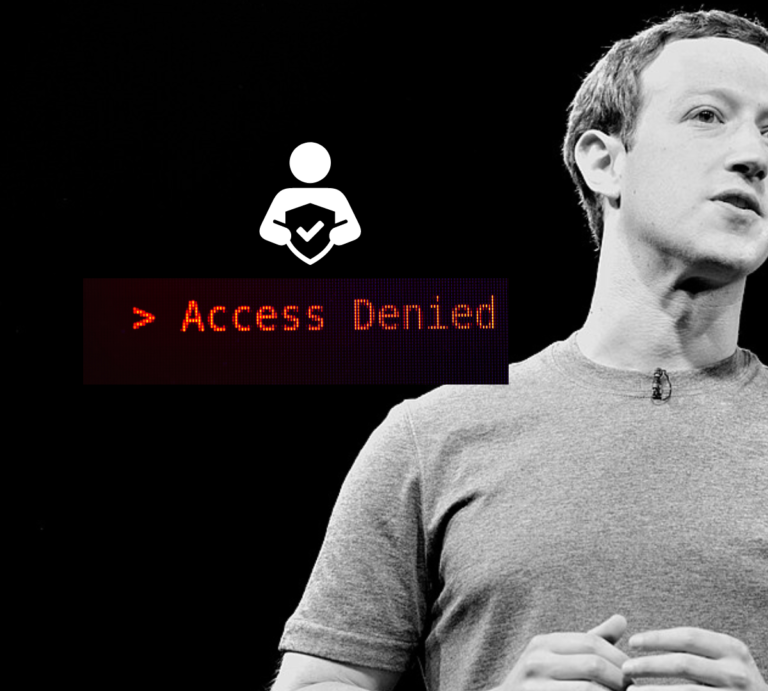On July 11th, at the stroke of the midnight hour, or well maybe not, but on that day, the US lawmakers introduced a bill requiring online platforms to inform users of the origin of its synthetic content. Let’s dive deeper on what it is and if everyone favors or not?
What is it called?
Content Origin Protection and Integrity from Edited and Deepfaked Media Act (COPIED Act), authored by US Senators – Maria Cantwell, Martin Heinrich and Marsha Blackburn, sets guidelines that would help in identifying the authenticity of the content and introducing watermarks on AI content. In Cantwell’s words: “The COPIED Act will also put creators, including local journalists, artists and musicians, back in control of their content with a provenance and watermark process that I think is very much needed.”

Basically, AI models can’t now just – use the data that they find online from newspapers, articles, artists, content creators – modify the data – train on data, simply as they feel. This means they would need permissions to do so.
Major endorsements of this bill include the Screen Actors Guild (SAG-AFTRA), Recording Industry Association of America (RIAA), National Music Publishers’ Association, News/Media Alliance. All of them back this proposal for its strong stance on protecting creators and public from the misuse of AI/Deepfakes.
As expected, there are critics of this bill too. They argue that this will not allow AI to be adaptable for it would put excessive control over fair use and hinders creativity. I guess, the major share of organizations that are going to be hit is of course, the small ones. They won’t have the money to buy data, and they can’t use it. The big becomes bigger. The poor, well they just watch until they become rich. What do you think?
A few months ago, YouTube introduced a tool in their Creators’ Studio that would allow them to tag synthetic content. Later, in another silent update, they modified their policy allowing users to report such content if they feel it offended them. Meanwhile, Microsoft modestly, published a 42-page document addressing the threats posed by AI-generated content and suggesting ideas that could help accelerate action needed to tackle it. I didn’t read the 42-page report, just the summary.
Let’s wait and watch if this bill gets passed or not.
Featured Images: Photos by Wesley Tingey on Unsplash and Photo by Tim Mossholder on Unsplash along with AI generated images from Leonardo.AI












+ There are no comments
Add yours